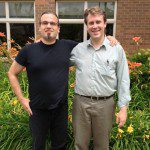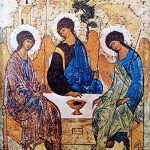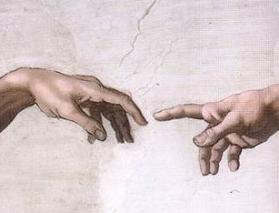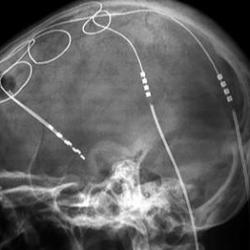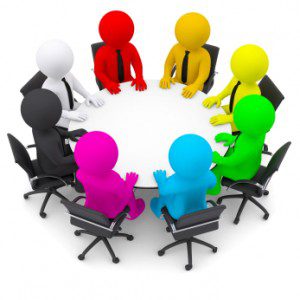 LifeWay’s recent apology issued at the Mosaix 2013 conference is a sign of hope that the Evangelical church I love is moving forward toward greater multi-ethnic inclusivity. Having spoken at the conference, I was present to hear the recorded LifeWay apology for the decade-old offense for caricaturing Asian people and culture in its Rickshaw Rally VBS curriculum. Fellow Mosaix 2013 conference presenter and dear friend Soong-Chan Rah had this to say about the apology:
LifeWay’s recent apology issued at the Mosaix 2013 conference is a sign of hope that the Evangelical church I love is moving forward toward greater multi-ethnic inclusivity. Having spoken at the conference, I was present to hear the recorded LifeWay apology for the decade-old offense for caricaturing Asian people and culture in its Rickshaw Rally VBS curriculum. Fellow Mosaix 2013 conference presenter and dear friend Soong-Chan Rah had this to say about the apology:
I’m really moved that LifeWay would go to these lengths to do this. It’s not something they had to do since many people will see it as something that happened so long ago. There’s prophetic wisdom and courage in apologizing. Once confession, repentance and forgiveness occurs, we’re able to have a conversation on a deeper level.
I agree with Soong-Chan. We’re now able to have a conversation about race and multi-ethnic identity as the church on a deeper level. Taking the conversation to a deeper level must include consideration of how people have reacted to Asian American Christian leaders like Soong-Chan for addressing the Rickshaw Rally problem and those like it over the years. He has been called an angry Asian man. Interesting. I don’t often hear white men who are passionate like me called angry white men—just passionate, but I have heard that description used of African American and Asian American leaders like Soong-Chan. Maybe we mistake his passion for anger. But why?
Jonathan Merritt wrote an article this week titled “Are Christian Conferences Racially Exclusive?” I doubt many people call Jonathan an angry white man, perhaps just passionate. Soong-Chan has been talking about this same issue for many years. What’s different? Is it his hairstyle? His goatee? Something else—something inside me as a white guy who takes issue with Soong-Chan for speaking out?
I know a thing or two about stereotypes. My wife who is Japanese and my Japanese-American children are subjects of stereotypes from time to time. No doubt, we all get stereotyped. We need to break through stereotypes to get to know people—whoever they are, including Asian Americans.
When one does not know a community, it is easy to boil it down to stereotypical extremes. For example, it is easy to boil down Asian Americans to those who model assimilation and passivity. Thus, when one breaks out of this mold, including comical Rickshaw Rally stereotypes, one comes across as naturally offensive. What is most offensive to me is when people spin the challenge made by Soong-Chan and others in a way to judge their motives rather than get to know them and see their hearts and listen to their personal stories.
The idea I have heard that Soong-Chan has tried to make a platform for himself through his challenges over the years is absurd to me. I’ve never sensed it. If anything, his challenges have taken away the opportunity for a platform to speak in certain white dominant cultural circles. I have never found Soong-Chan to pursue platforms. Rather, I believe his burden comes from his desire to honor Christ’s kingdom and elevate the church’s reputation to move it beyond hegemonic dominant cultural structures so that all God’s people of diverse ethnicity can truly be one, thereby bearing witness to Christ. Knowing his story, I believe his burden is to help others listen to the voices of minorities like the praying single mother who raised him and whose Korean words would otherwise not be heard and to cultivate a future where his kids and mine don’t have to live inside the walls of the stereotypes other sub-cultures create for them. Instead of a platform, he longs for the church to gather at an open table where everyone can share as part of an extended talking circle.
In a church growth culture that knows far more about how to make a profit than how to make a prophet, I am thankful that LifeWay has moved the conversation forward so that we can move forward together to realize the church’s multi-ethnic unity in Christ. Together with LifeWay, Soong-Chan, you and me, we are now better able to have a conversation about race and multi-ethnic identity as the church on a deeper level.
This piece is cross-posted at The Institute for the Theology of Culture: New Wine, New Wineskins and at The Christian Post.


